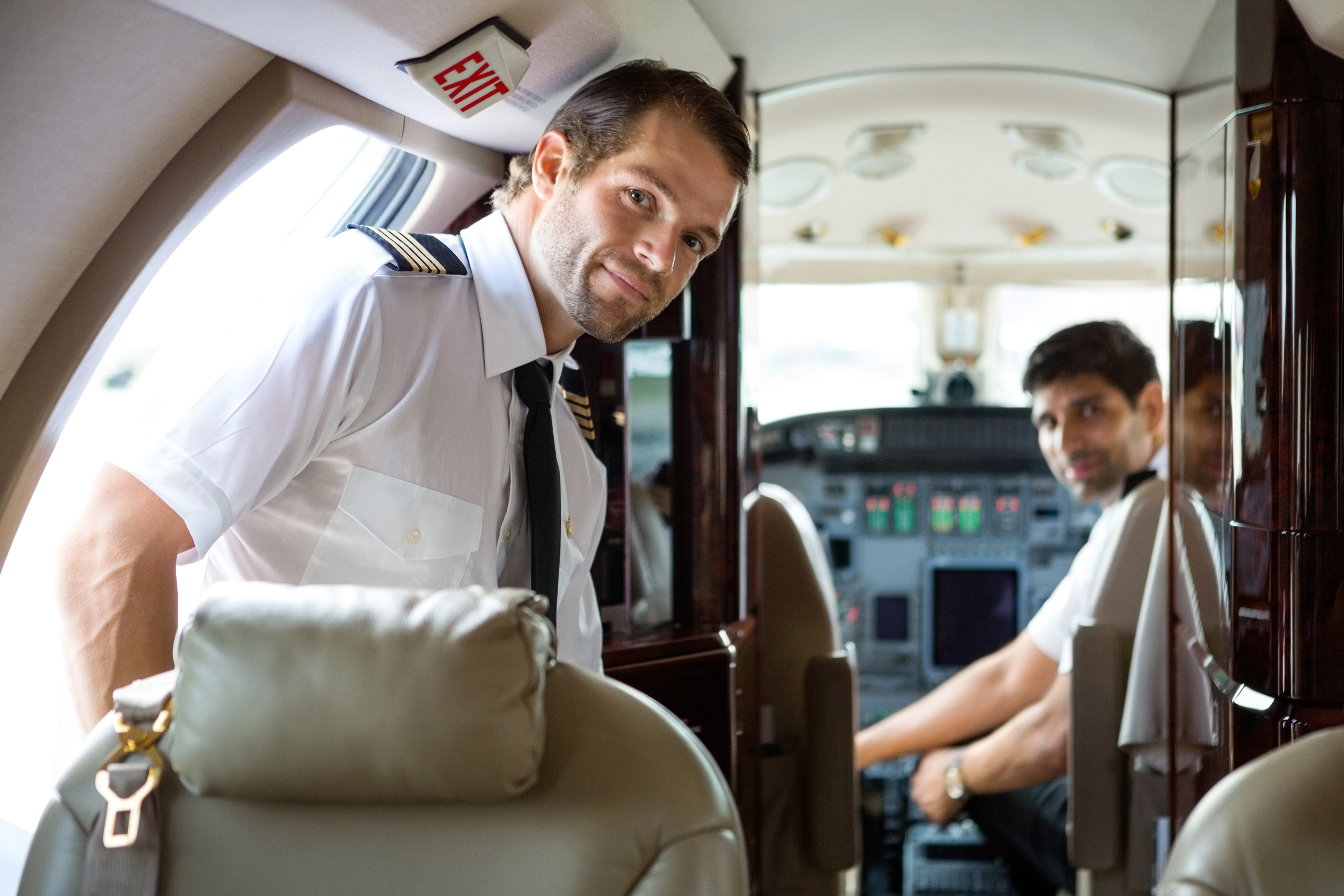

Aug. 29, 2016
One of the many perks of being a flight attendant or flight technician is traveling to new and interesting places. That also is one of the challenges of the job.
When they are far away from home base, cabin crews are expected to deliver the same high level of service, despite being in places that may have different regulations and vendors, as well as fewer resources. To accomplish this requires preparation and research.
Many cabin crews rely on colleagues to share best practices and their knowledge of locations. While much of this is done through word-of-mouth, some companies get more high-tech.
“After every flight we put together a report that provides details about caterers, hotels and local government requirements,” said Lisa Weissinger, flight attendant for McDonald&squo;s Global Aviation Services. “Then it&squo;s posted to our company cloud, where the next crew to travel to that location can reference it quickly and securely.”
Flight attendants also credit social networking sites such as Facebook and LinkedIn as good sources for information regarding caterers and other service providers at remote or new destinations.
Catering help can also come from unexpected places. “Our passengers had requested hamburgers and hot dogs,” recalled Sara Culver-Truby, a flight attendant with Y2K Aviation, LLC.
“Unfortunately, the meat was delivered to us completely raw. One of the ground handlers at the FBO offered to fire up their barbecue and grill the meat for us before takeoff. He helped me succeed.”
Extensive training, ranging from international etiquette courses to proper food handling procedures, better equips flight professionals to handle nearly any situation that may arise when away from home. Courses in food safety prove especially valuable for crews when they travel overseas, where there might be a higher risk of possible food contamination.
“If we know we won&squo;t have easy or secure access to refrigeration, we come prepared with coolers that can be stored on the plane safely and keep food refrigerated for several days,” said Jennifer Doles, a flight attendant for McDonald&squo;s Global Aviation Services. “These coolers have not only saved us a lot of time, effort and concern, but they have saved us a lot of money in catering charges as well.”
Cabin crews must also be ready for varying rules on trash disposal abroad. In some countries, food items must be sorted and separated from other trash, then bagged for incineration at the FBO.
An increasing number of foreign destinations are requiring that glass, plastic and aluminum be separated for recycling, said Weissinger. “Trash disposal and sorting can take time, but we&squo;re just so used to it that we&squo;ve got it down to a science.”
While many procedures are routine, some tasks are new. For example, as the Zika virus has spread, many crews are now responsible for spraying the cabin with insecticides if they are coming from a Zika-affected area.
But although processes may change, many flight attendants agree that the key to success remains the same.
“Knowledge sharing is vital to a successful trip,” said Culver-Truby. “By sharing what we know with others, we empower future crews to succeed.”
|
VIEW THIS ARTICLE IN THE APP
This article originally appeared in the July/August issue of Business Aviation Insider.
|


 International Business Aviation Council Ltd.
International Business Aviation Council Ltd.